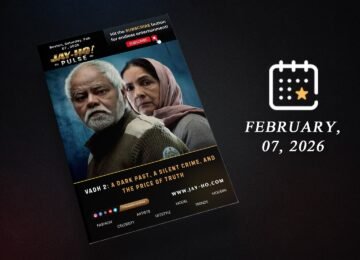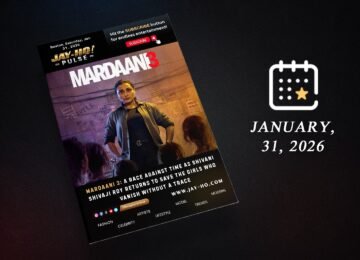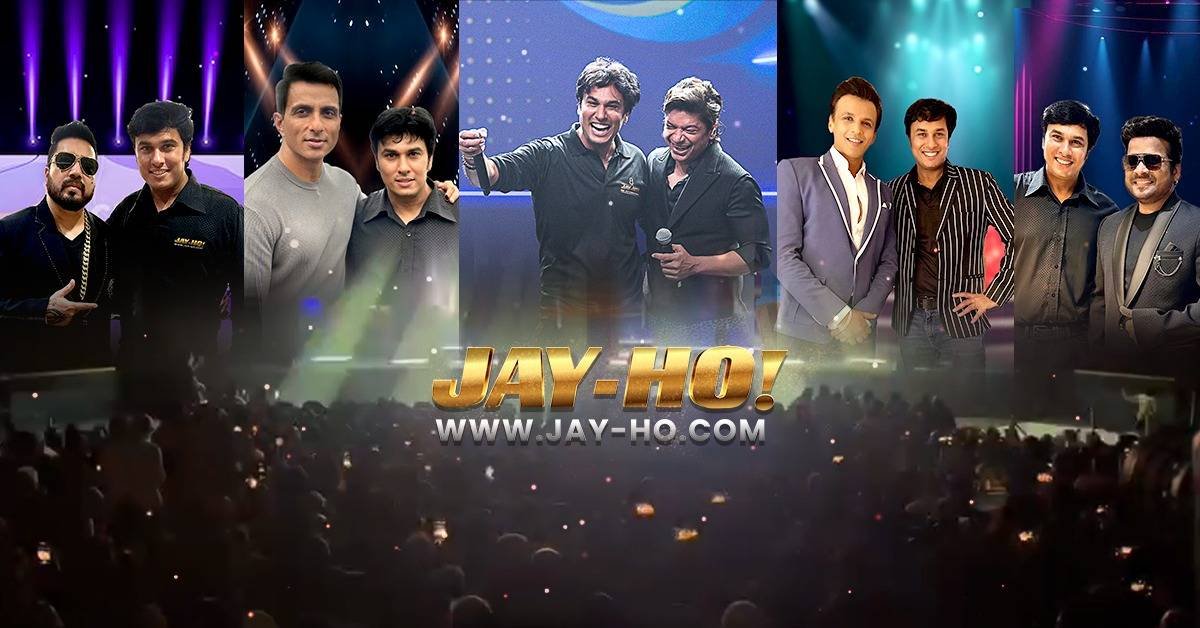The entertainment industry has been no stranger to controversies and legal battles, but few have garnered as much attention as Scarlett Johansson‘s lawsuit against Disney over the release of her film, ‘Black Widow.’ This high-profile case reignited debates on artists’ rights, contractual obligations, and the future of movie premieres. In this retrospective look, we delve into the controversy that once shook the foundations of Hollywood, exploring its implications and the courageous stance taken by Johansson in fighting for her rights as an artist.
The Core of the Dispute: Breach of Contract
According to reports, her contract promised an exclusive theatrical release for ‘Black Widow,’ with a significant portion of Johansson’s earnings directly tied to the film’s box office performance. Considering Johansson’s role as both the star and executive producer of the film, the importance of box office numbers extended beyond mere profit. These figures stood as a measure of success and recognition for the countless hours of hard work poured into creating captivating cinematic experiences.
Disney’s Rebuttal and the Broader Industry Issues
Disney swiftly responded to Johansson’s lawsuit, vehemently asserting that it had “no merit” and suggesting that their decision to release the film simultaneously in theaters and on their streaming platform, Disney+, actually enhanced her earning potential. However, the incident brought to light a more significant concern within the industry – the need for contracts to adapt in response to rapidly changing distribution models.
Scarlett Johansson’s battle against Disney was not just about her personal earnings; it reflected a larger fight for artists’ rights in an increasingly digital age. The pandemic disruption to Hollywood’s release patterns forced a reevaluation of traditional norms, demanding greater flexibility in contracts to accommodate the evolving landscape of film distribution.
Scarlett Johansson’s Lawsuit as a Catalyst for Change
While the lawsuit might have been settled, its impact continues to reverberate, serving as a reminder of the power of individual voices in reshaping the future of Hollywood. In a constantly evolving world, the Johansson vs. Disney showdown stands as a landmark case, drawing attention to the complexities of modern filmmaking and distribution.
The courage Johansson displayed in taking on a giant like Disney transcended her personal grievances, becoming a symbol of the fight for creative professionals everywhere. Her lawsuit-initiated conversations on the need for fairness and transparency within the entertainment industry, ensuring that artists receive their due recognition and compensation in an ever-changing landscape.
Scarlett Johansson: Redefining Industry Standards
As we navigate the uncertainties of post-pandemic life, the courage to question and redefine industry standards remains a beacon for creative professionals. The lawsuit filed by Scarlett Johansson against Disney serves as a powerful reminder of the importance of advocating for artists’ rights in a rapidly shifting landscape. The entertainment industry must embrace adaptability and find innovative solutions to accommodate the changing dynamics of movie distribution.
By fostering an environment that prioritizes fairness, transparency, and collaboration, the industry can move forward and create a more equitable future for all those involved in the creative process.
Conclusion
Scarlett Johansson’s lawsuit against Disney ignited a firestorm of debates within the entertainment industry, shedding light on the complex issue of artists’ rights and contractual obligations. Her battle against a giant corporation like Disney symbolizes the larger fight for fairness and recognition in an industry that continues to evolve at an unprecedented pace.
As Hollywood and the world at large grapple with the aftermath of the pandemic, the Johansson vs. Disney showdown serves as a crucial turning point in the ongoing quest to redefine industry standards. By acknowledging and addressing the challenges faced by artists and creatives, we can create a future where their contributions are valued, respected, and rewarded fairly.























